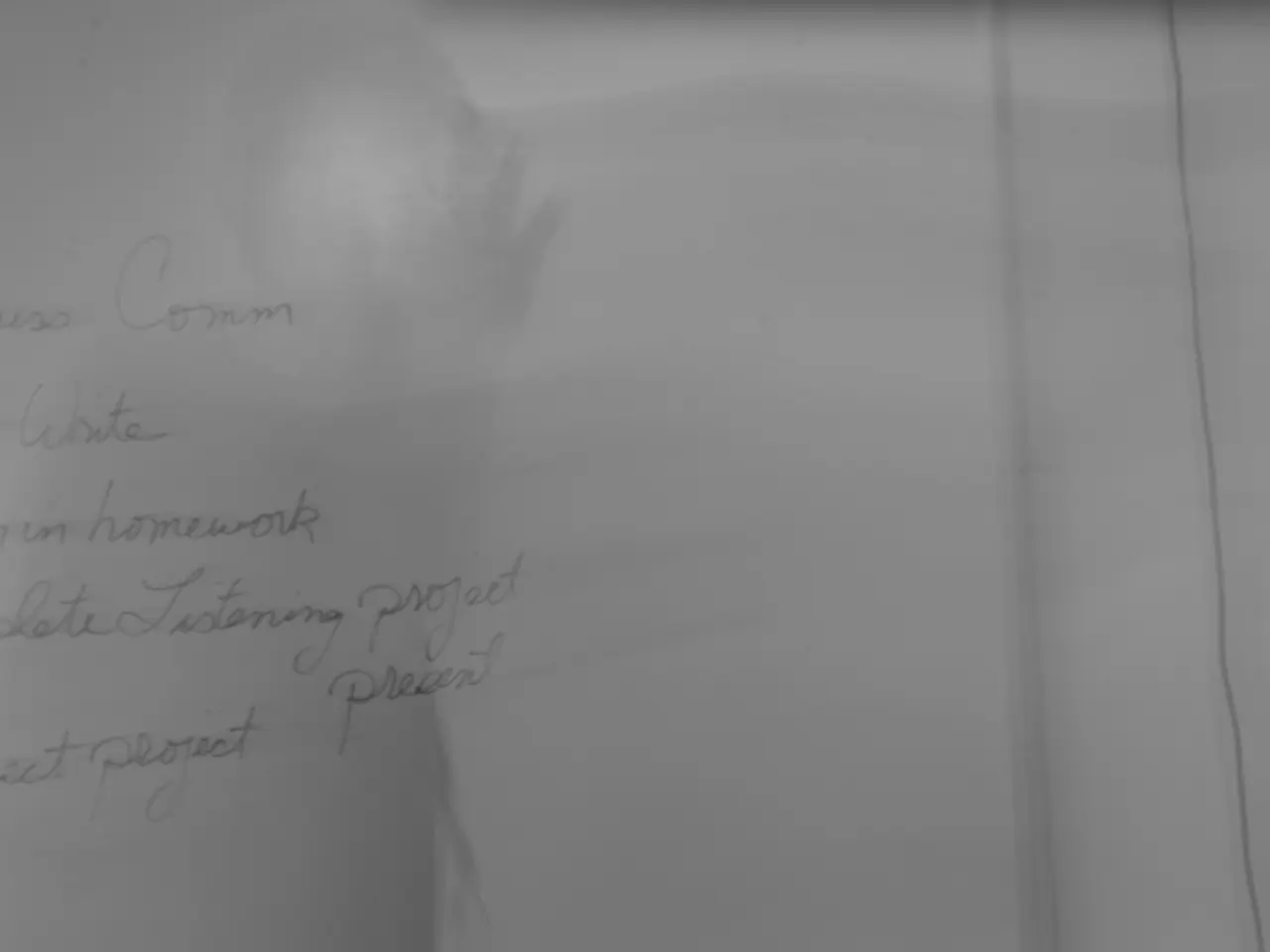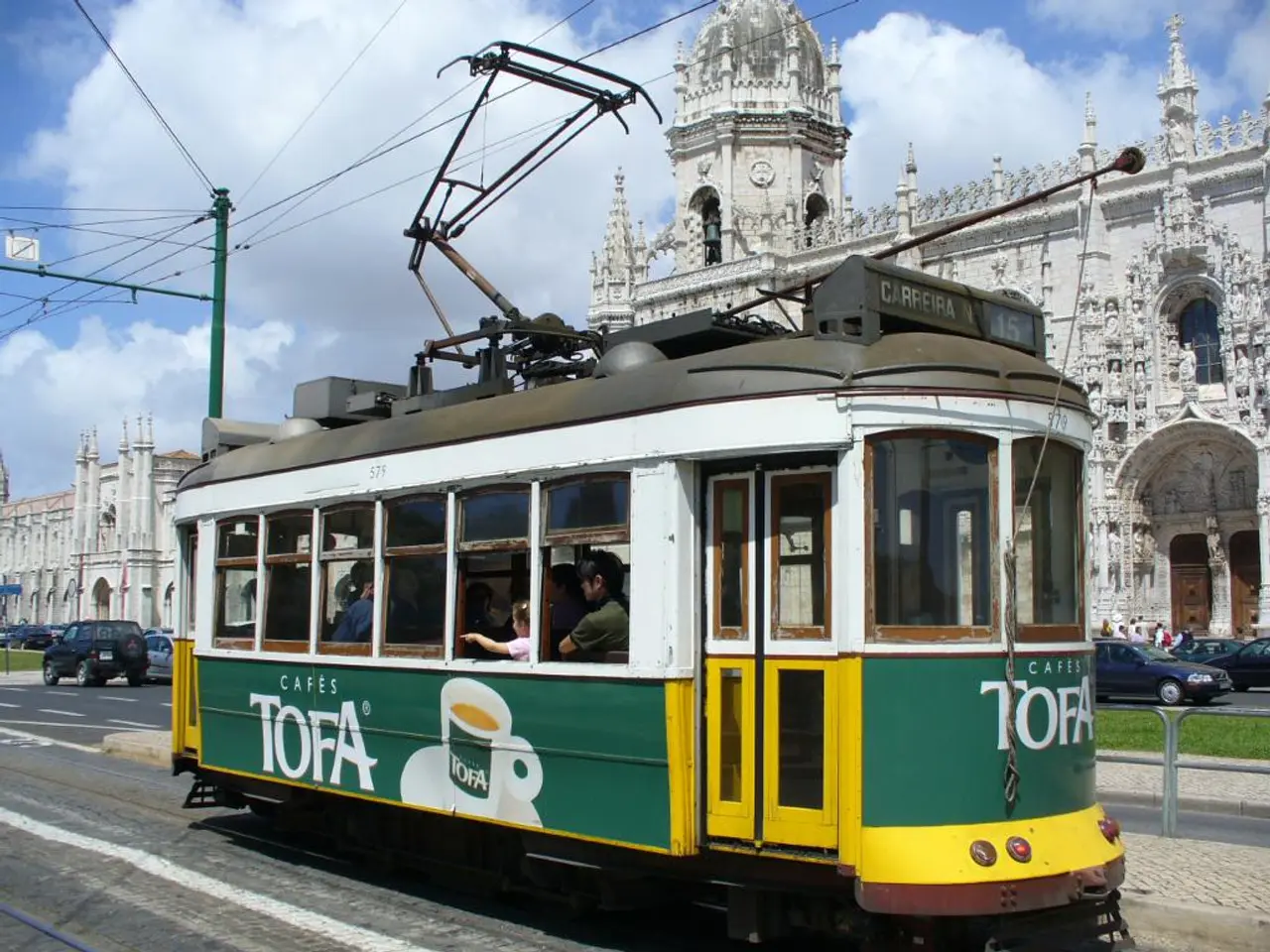A Devastating Setback: Power Tax Cut Rejection Leaves Craft Businesses Swamped with Higher Costs
Discouragement over Unapproved Decrease in Electricity Tax Sparks Frustration
In an unexpected twist, the federal government has revealed it will not be implementing the long-awaited reduction in power tax for craft businesses after all. The announcement has sent shockwaves through the middle class, leaving many craftsmen and women feeling betrayed and saddled with yet another burden. Consumers are also feeling the pinch from this decision.
Jörg Dittrich, President of the Central Association of German Crafts (ZDH), slammed the federal government's decision not to proceed with the planned power tax reduction, stating, "This move is a gut-wrenching punch for the middle class." According to Dittrich, the governing body's retreat from their promise in the coalition agreement represents a significant obstacle for energy-intensive craft businesses.
Politics, Assurances, and Unkept Promises
When the coalition agreement was initially unveiled, it included plans to lower the power tax for all to the European minimum level. However, Finance Minister Lars Klingbeil's budget draft has since jettisoned this provision, leading Federal Minister of Economics Katherina Reiche to justify the coalition agreement's alignment with financial realities at the Industry Day in Berlin.
Broken Promises and a Call for Change
The failure to deliver the previously announced power tax reduction will inevitably leave consumers facing higher energy costs as well. Michael Kellner, energy policy spokesperson for the Greens in the Bundestag, took to the Bluesky platform to voice his concerns, saying that this decision would make heating with heat pumps and driving electric vehicles more expensive. Kellner further lamented that the ruling coalition was reneging on a key promise.
Meanwhile, CDU General Secretary Carsten Linnemann called for an across-the-board power tax reduction, arguing it would help ease the burden of the CO2 price and foster greater public support for the energy transition. CDU economic politician Kuban put forth a plan to finance a universal power tax cut by making significant cuts elsewhere, suggesting that the decrease in power tax for everyone would curtail the need for additional heat pump promotions.
[1] Source: Germany Scraps Power Tax Cut Amid Budgetary and Policy Considerations - The Diplomat
[2] Source: Fiscal Pressures and Priorities Shape Germany's Energy and Climate Decisions - Policy Review
[3] Source: Can Germany Balance Climate Goals and Competitive Energy Costs? - Energy Transition Insights
Economic tug-of-wars and political priorities have led to the scrapping of the proposed reduction in power tax for craft businesses and consumers in Germany. This decision follows an in-depth examination of the government's fiscal priorities, as financial constraints on spending, a focus on infrastructure projects, and commitments towards climate action take precedence. While there have been proposals to alleviate energy costs through alternative means, such as lowering electricity taxes for industry and supporting gas storage levies, the final budget plan stabilizes existing high electricity tax levels, which remain staggeringly above the EU minimum (closed to 20x)*.
- The scrapping of the power tax cut for craft businesses and consumers in Germany, despite assurances in the coalition agreement, highlights a disconnect between promises and implementation in political decision-making, potentially impacting both voters and business owners.
- The seemingly unkept promise of a power tax reduction in Germany, along with growing concerns over energy costs due to this decision, has sparked calls from political figures like Michael Kellner of the Greens and CDU General Secretary Carsten Linnemann for alternative measures to address rising energy costs, particularly within the context of the energy transition and climate action. (Finance, business, politics, general-news, vocational training)




